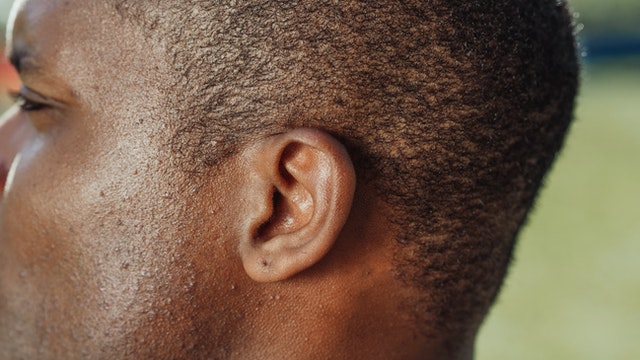If you use a hearing aid, then you may already know that you need to care for them. As life-changing, as they can be in improving your hearing and general quality of life, they’re made of pretty sophisticated technology that can get damaged or malfunction if you’re not careful. Here, we’re going to look at steps you can take to prevent malfunctions in your hearing aids.
Clean them effectively and regularly
Hearing aids should be kept clean as, like any other electronics, too much dirt and debris can do damage. However, given that they spend most of their time in your ears and people who wear hearing aids produce more ear wax, this is going to be a more common problem for these devices. Don’t clean hearing aids with water, use hearing aid cleaning kits that come with tools designed to clean them as safely as possible. For the shells themselves, any kind of small brush to dislodge dirt should be okay, then you can wipe them with a clean, dry cloth.
Be careful with how you handle them
It’s true that the devices, and especially the shells around them, have been getting tougher over the years. However, that doesn’t mean that they are indestructible. In fact, they can be pretty susceptible to damage when they’re knocked or hit up against something. Dropping them, no matter the height can cause damage. What’s more, if you place them down, try to place them on something like a cloth or a towel. If you’re just getting used to putting them in, do it when you’re sitting down so that, even if you do drop it, it’s more likely to fall in your lap.
Mind your moisture levels
Dirt and physical damage are one thing. However, moisture damage in hearing aids can be one of the most common long-term annoyances. Moisture gets into the circuitry and causes malfunctions, which can result in changes in performance and, if it gets bad enough, can shut down the hearing aid entirely. As such, make sure that unless it’s waterproof, you don’t wear your hearing aid in the bathroom or swimming pool, and definitely not when showering or bathing. You want to keep it as dry as possible.
Effective storage is key
Keeping your hearing aids dry is important even when you’re not wearing them. As such, make sure any surfaces you place them on are totally dry. When you take them out for the evening, it’s a good idea to put them in hearing aid cases that are not only sealed and protected but also act as a dehumidifier. What’s more, make sure that you take the battery out of the device and leave it in its own storage and keep the battery door open. This will even help your batteries last longer.
You can’t foresee every potential fault that might hit your hearing aids. However, you can make sure that you’re doing what you can to fight against some of the most common preventable faults with the tips above
